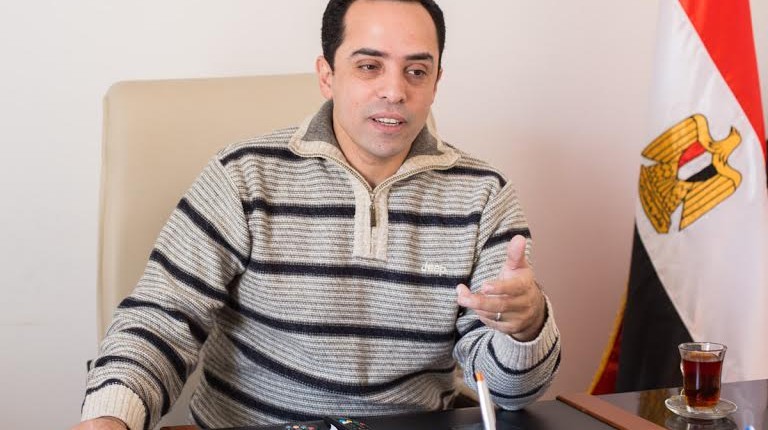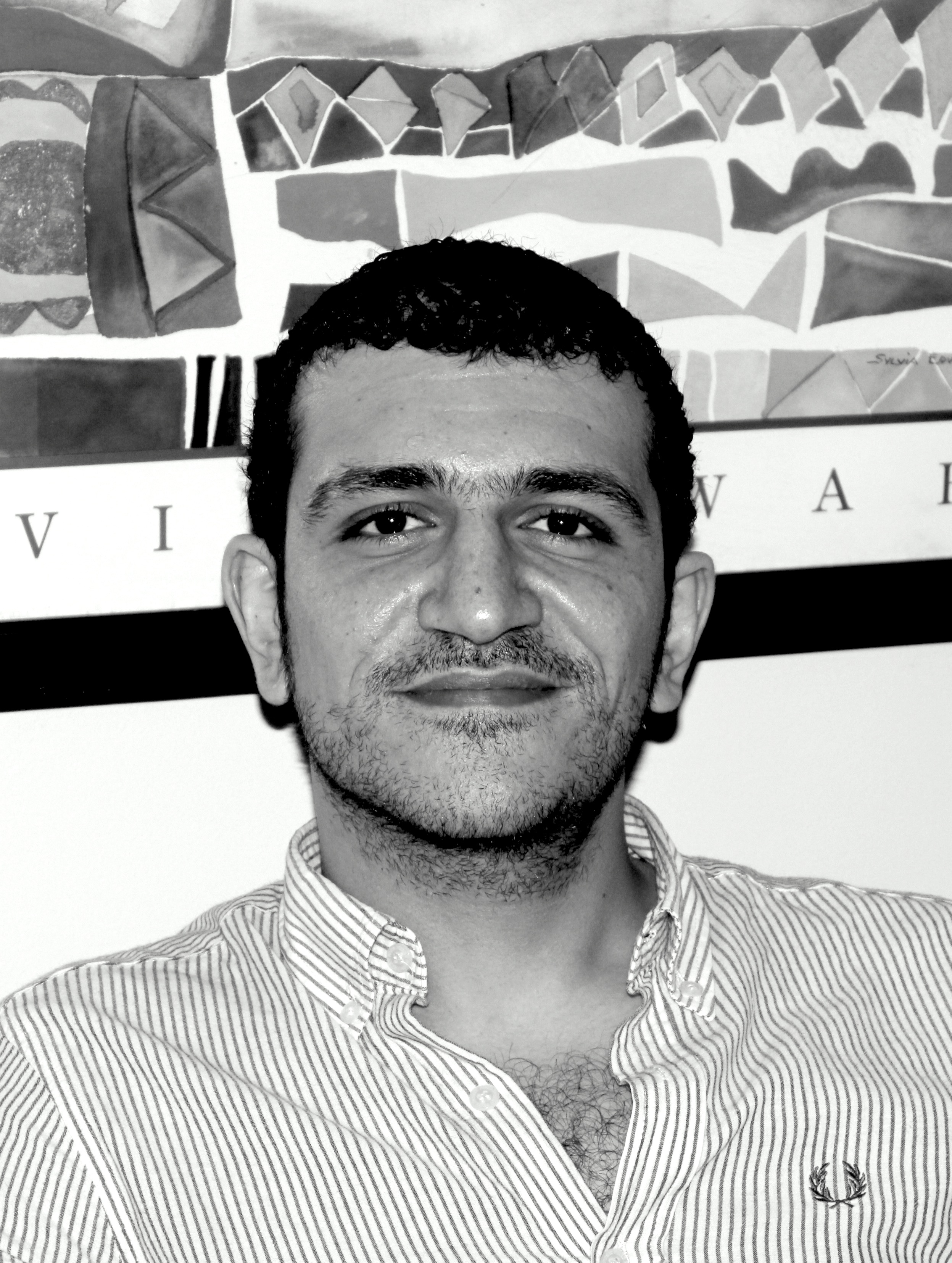Of all the concepts in the Egyptian political dictionary, foreign funding is regarded as the most defamatory. The term has been used as a background to any political movement, legitimate public outcry, or even political signals coming from abroad.
The debate around the “NGOs foreign funding” case is not the first of its kind. Shortly after the fall of the autocrat president Mubarak, the concept of foreign funding was employed to point accusatory fingers, unofficially, to a wide range of Egyptian NGOs to encourage scepticism towards their agendas and purposes. This move seemed intentional, an attempt to shame the growing popularity of the revolution and the rebels.
A few hours after the second uprising began on 30 June 2013, foreign aid was used to fill in the gaps of media reports. Politicians inside used it and diplomats abroad exploited it, making it their new card to pressure the new regime in Egypt after 3 July 2013.
Amid this mishandling of the term, facts were lost and only half-truths, or even myths would arise.
Foreign aid and foreign funding for development in developing countries—whether to governments or civil society organisations—are not a fad specific to Egypt. They were also not born today to support the Egyptian revolution. Aid dates back to the 1920s of the last century, since Britain began providing development assistance to its colonies. In 1960, the Department for Education and Child Development (DECD) was established. It included richer countries in North America and Europe, before accepting other countries from different regions later, to support countries that are not members of the organisation, as well as expanding the scope of global trade. The Development Co-operation Directorate (DCD-DAC) was then established to focus on growing the available resources of developing countries.
The United Nations issued is first document to govern the process of delivering aid from developed to developing countries in 1970, which was the International Development Strategy. The strategy was defined by Resolution 2626 of the General Assembly of the United Nations. The 43 paragraph-long statement read: in recognition of the special importance of the role which can be fulfilled only by official development assistance, a major part of financial resource transfers to the developing countries should be provided in the form of official development assistance. Each economically advanced country will progressively increase its official development assistance to the developing countries and will exert its best efforts to reach a minimum net amount of 0.7% of its gross national product at market prices by the middle of the decade [70s].
This explains that foreign aid has always been linked to an international obligation of developed countries towards the less developed ones. The lines also provide a UN cover and even encourage such aid through setting a specific figure of the total GDP.
Many donor countries began to direct a limited amount of aid to civil society organisations during the last two decades of the twentieth century, in light of growing international recognition of the role of foreign aid, as well as rising awareness of corruption rates and poor government management of grants.
Despite the limited provision of aid to civil society in Egypt, they are subjected to strict limitations and mechanisms set forth in the 2002 law on non-governmental organisations. The law requires consent from the Ministry of Social Solidarity to establish organisations, as well as periodic reviews. It also gives the right to regulatory bodies—such as the Accountability State Authority, the Central Bank of Egypt, and numerous security apparatuses—to monitor the funding. Hence, making it extremely hard, if not impossible, for organisations to employ such funding to strengthen the nation and its security.
Some organisations fall out of the scope of the law, by being registered as civil non-profit companies or consulting firms that only provide services of training, legal consulting, and research. There are only a handful of such organisations in a sea of 47,000 registered organisations. However, they are thought to be responsible for the entire grey area that encapsulates the scene, a way out which requires us to acknowledge two main facts.
The first fact is that most of these organisations were formed at a time of repression of freedoms, including the freedom to organise civil work. The law was like a sword on the neck of the serious civil work, whether legal or developmental work. There was also not a constitutional framework to support the freedom of NGOs, while recognising that the poorness of a law does not excuse its violation. We must also recognise that the noble intention may excuse those who initiated the establishment of these organisations.
The second fact is related to “transparency” and revealing the sources of funding, which is available at the organisations operating under law No. 84, but unfortunately this is not the case for other organisations which were formed in other legal forms. The officials of these organisations always cite the climate of repression in which they live, but that, in my opinion, absolutely does not justify hiding their source of funding. Moreover, this situation gives some credibility to the accusations made against these organisations, because this funding which is impartial from any political passion and dedicated to eliminating the darkness should not be afraid of the sun rays.
After all the aforementioned facts, we should now seek a path out of this foggy situation, which preserves the right of citizens to form their voluntary organisations and benefit from their services, as well as preserving the state’s right to control the work of these organisations, and the community’s right to know who “funds” these organisations and the items on which these funds are spent.
The exit path lies in the commitment to the current 2014 constitution. The law governing NGOs should be amended to allow for NGOs to be formed through notifying the ministry and should only be dissolved through a judicial verdict. The law should also allow NGOs to receive funding on the condition of disclosure and transparency, while preserving the state’s right to challenge this funding within a maximum timeframe of one month and based on objective reasons. If the state did not express its rejection during this period, funding would be granted an implied consent. The organisation is entitled to resort to the judiciary in case they feel the government’s decision was obstinate. Finally, supervisory bodies such as the Central Auditing Organisation have the right to monitor NGOs’ bank accounts as well as their officials’ bank accounts.
When the state adopts such a law with this philosophy, which ensures rights and controls, we will have only serious organisations, and there will be no excuse to work outside the framework of the law. The facts will prevail and myths will fall short.
Walaa Gad El-Karim is a researcher, writer and Middle East consultant, and the Director of Partners for Transparency



